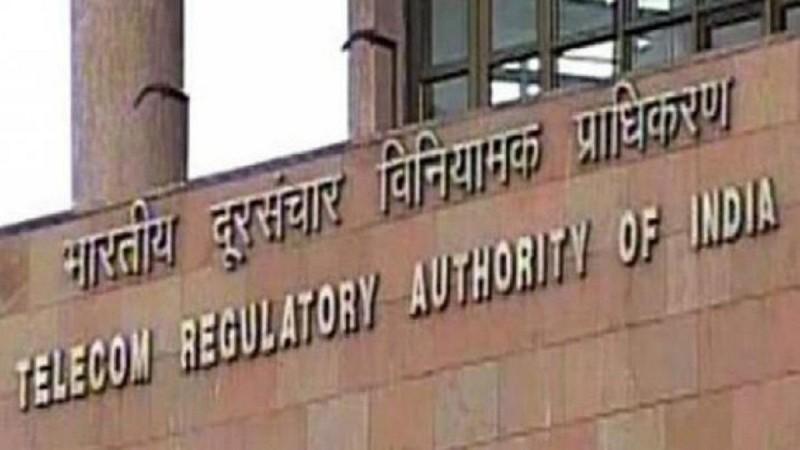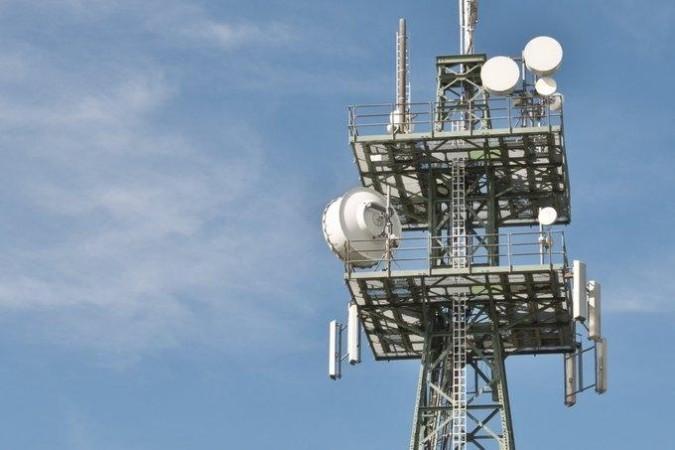
India's government has introduced the 'Digital Bharat Nidhi' initiative, a key step towards democratizing telecom services and promoting equal access for all. Announced by Communications Minister Jyotiraditya Scindia, this move aligns with the government's vision for a developed India by 2047, 'Viksit Bharat@2047', and marks the first implementation of the Telecom Act 2023.
The 'Digital Bharat Nidhi' initiative replaces the Universal Service Obligation Fund (USOF), which was established under the Indian Telegraph Act, 1885. This change was deemed necessary to address new areas in the rapidly evolving technological landscape and align the fund's objectives with the government's commitment to enhance digital connectivity. The initiative is designed to ensure equal access to telecom services for all, thereby reflecting a more contemporary approach to telecommunications development in India.
The rules of the 'Digital Bharat Nidhi' initiative provide for the powers and functions of an administrator, who will be responsible for overseeing the implementation and administration of the program. This includes managing the allocation of funds, ensuring compliance with the rules, and supervising the execution of schemes and projects aimed at improving telecom services across India, particularly in underserved areas.

Funds from 'Digital Bharat Nidhi' will be allocated to projects that aim to improve telecommunication services in underserved and remote areas. These projects specifically target underserved groups such as women, persons with disabilities, and economically and socially weaker sections. The funds will also support initiatives that enhance telecom security, increase access and affordability of services, introduce next-generation telecommunication technologies, and promote innovation, research, development, and commercialization of indigenous technology in the telecommunications sector.
The 'Digital Bharat Nidhi' initiative is a significant step towards achieving the government's vision of a digitally empowered India. It aligns with the broader objectives of the Union Budget 2023-24, which emphasised the need for innovation, research and development, and the commercialisation of indigenous technology. The budget also highlighted the importance of providing financial support to young entrepreneurs in rural areas through the Agriculture Accelerator Fund, which aims to bring innovative and affordable solutions to challenges faced by farmers and transform agricultural practices. The 'Digital Bharat Nidhi' initiative also complements the government's efforts to promote cleaner alternatives to traditional energy sources, as highlighted in the Climate Change Performance Index (CCPI) 2024. India secured the 7th position in the index, underscoring its notable role and contribution in the ongoing global efforts aimed at mitigating climate change.
The 'Digital Bharat Nidhi' initiative is not the first of its kind in India's history. Similar initiatives have been undertaken in the past, with varying degrees of success. However, the 'Digital Bharat Nidhi' initiative stands out for its comprehensive approach to addressing the challenges of digital connectivity and its focus on underserved and remote areas. It is a testament to the government's commitment to leveraging technology to drive social and economic development, and its determination to ensure that the benefits of digital connectivity reach all corners of the country. 'Digital Bharat Nidhi' initiative represents India's journey towards digital empowerment. As the initiative unfold, it will be interesting to see how it transforms the telecommunications landscape in India and contributes to the country's mission of becoming 'Viksit Bharat@2047'.

















